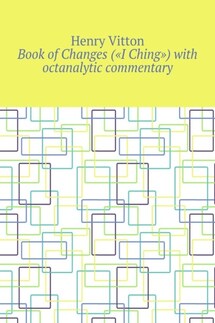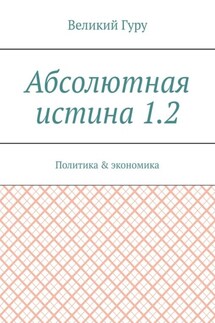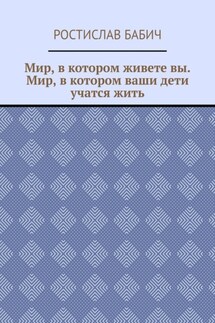Prognostic function of octanalysis - страница 6
– pronounced congenital dominant creative abilities («three» as second dominant and twice as first dominant);
– congenital dominant rational abilities («two» as second dominant);
– pronounced congenital dominant analytical abilities («one» as background dominant and as second dominant);
– deficiency of congenital dominants: instance 5-Soul, there is no «five» in the formula.
The formula shows that out of the five instances of personality, three instances (4-Heart, 3-Irratio, 1-Mind) manifest themselves as pronounced congenital dominants and one instance (2-Ratio) as a congenital dominant.
The formula also shows that in the psyche of Dzhigurda, the introvert instances 4-Heart and 2-Ratio, complementing each other, show less congenital dominance than the extravert instances 3-Irratio and 1-Mind. This means that when interacting with the outside world, Nikita Dzhigurda’s psyche is more tuned to extraversion than to introversion. In the «introversion-extraversion» system of Nikita Dzhigurda’s psyche, there is a strong imbalance towards extraversion. The Nikita Dzhigurda’s psyche is very unstable to external stimuli.
Dzhigurda was born in the «waxing moon» phase, the illumination of the moon’s surface is 79%. When a person is born on a full moon or almost on a full moon, the human psyche has an increased sensitivity.
A combination of three factors
(1) hypersensitivity of the psyche, due to the birth of almost a full moon;
(2) strong mental imbalance towards extraversion;
(3) pronounced managerial abilities,
create conditions for the formation of Nikita Dzhigurda’s outrageous behavior, which is perceived by others as an accentuation of character, bordering on psychopathy.
The formula also shows that in the two-component unconscious (instances 3-Irration and 2-Ratio, in other words, «three» and «two») there is a pronounced imbalance towards irrationality in the «irrationality-rationality» system: irrationality («three» as second dominant and twice as first dominant) is much more active than rationality («two» as second dominant).
This means that irrational, spontaneous, unpredictable actions appear in Nikita Dzhigurda much more often than rational, consistent, logical actions.
The increased sensitivity of the psyche of Nikita Dzhigurda, the mood of the psyche for extraversion, as well as the setting of unconscious actions for irrationality, spontaneity, all these factors together create a great burden on the psyche.
There is a high probability that without the use of psycho-correction, the psyche of Nikita Dzhigurda may not be able to withstand such a load, and the accentuation of Nikita Dzhigurda’s behavior, the shocking nature of his behavior, may develop into psychopathy.
The change of the name and surname of Nikita Dzhigurda in September 2016 to Janatan El-Air Bratash Ji Pogorzhelsky von Gan Eden may manifest itself as a psycho-correction and stop the transition of accentuation to psychopathy.
The analysis of the congenital properties of the psyche of Nikita Dzhigurda clearly shows that the methods of octanalysis make it possible to identify the cause-and-effect relationships of a mental disorder.
1.6. Personality disorder: Ernest Hemingway
Consider the congenital personality traits of Ernest Hemingway.
Ernest Miller Hemingway (July 21, 1899 – July 2, 1961) was an American novelist, short-story writer, and journalist. His economical and understated style – which included his iceberg theory – had a strong influence on 20th-century fiction, while his adventurous lifestyle and public image brought him admiration from later generations. Hemingway produced most of his work between the mid-1920s and the mid-1950s, and he was awarded the 1954 Nobel Prize in Literature. He published seven novels, six short-story collections, and two nonfiction works. Three of his novels, four short-story collections, and three nonfiction works were published posthumously. Many of his works are considered classics of American literature.









